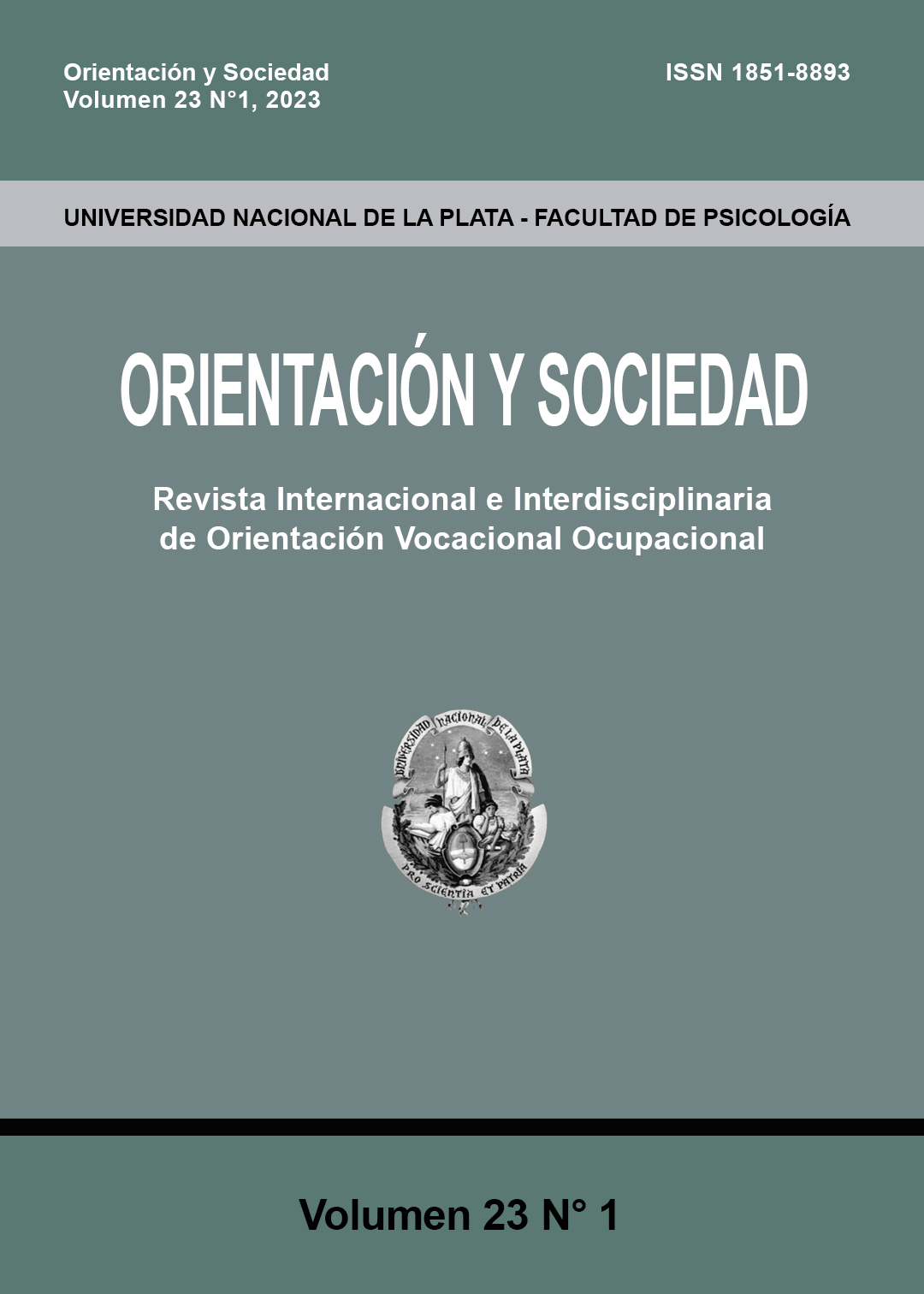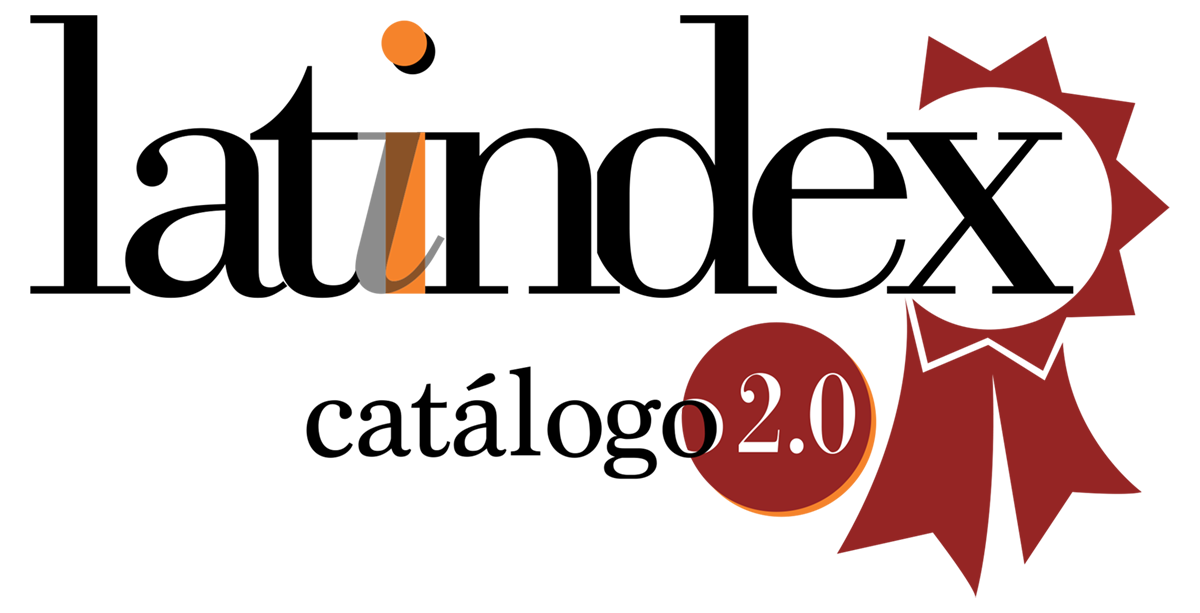Subjectivity and body in relation with digital technologies in the pandemic and pospandemic
DOI:
https://doi.org/10.24215/18518893e060Keywords:
body, subjectivity, digital technologies, educational practicesAbstract
The framework of the pandemic and post-pandemic, the use of digital technologies, and the effect they produce on the construction of subjectivity is one of the themes that as mental health professionals and teachers summon us by virtue of being able to account for the ways of being and thinking about the world and the body. From the modern era to the present, the approach to these issues has been in solidarity with scientific, social, political and contextual advances, with the implications that it brings. This work will develop a journey through different historical moments and contexts, in order to locate epochal coordinates that make it possible to think about them. The starting point will be Descartes (17th century), who conceptualized the body from a mechanical logic, up to the 21st century with the development of the human genome and a biotechnological logic in order to address the consequences regarding changes,times, the limits and possibilities that impact subjectivities and ways of inhabiting the world. Finally, some questions and challenges that we face in our educational practice will be raised. This work is an invitation to delve into this process.
Downloads
References
Cerezo Editores. (13 de julio de 2010). Mentes del Sur: Hugo Zemelman. Parte 2 [archivo de video de conferencia de Hugo Zemelman para Cerezo Editores]. Cerezo Editores. https://youtu.be/lOK8vr9qUlo
Debord, G. (1967/1998). La sociedad del espectáculo (Maldeojo, trad.). Archivo Situacionista Hispano. https://sindominio.net/ash/espect0.htm
Deleuze, G. (1990/2006). Postdata sobre las sociedades de control (C. Panozo y R. Zúñiga, trads.). Revista de Teoría del Arte, 14/15, 183-189.
Deleuze, G. y Guattari, F. (1991/1997). ¿Qué es la filosofía? (T. Kauf, trad.). Anagrama.
Esposito, R. (2006). Bíos. Biopolitica y filosofía (C. Molinari Marotto, trad.). Amorrortu Editores.
Foucault, M. (1978/1992). Microfísica del poder (J. Varela y F. Álvarez-Uría, trads.). Ed. La Piqueta.
Gavilán, M. (2020). La orientación entre la pandemia y el futuro. Orientación y Sociedad, 20(1), e018.
Josserme, R. C. G. (2020). Orientación educativa y tecnologías: uso de recursos digitales, virtuales y tecnológicos en equipos de orientación educativa durante la pandemia. Orientación y Sociedad, 20(2), e024.
Mcgee, E. M. y Maguire, G. Q. (2010). Chips cerebrales implantables: hoy y mañana (A. Mauri, trad.). Dendra Médica. Revista de Humanidades. 9(2), 133-138.
Preciado, P. (28 de marzo de 2020). Aprendiendo del virus. El país. https://elpais.com/elpais/2020/03/27/opinion/1585316952_026489.html
Riesman, D. (1948-1949/1995). La muchedumbre solitaria: un estudio sobre la transformación del carácter norteamericano (N. Rosemblat, trad.). Paidós.
Sibilia, P. (2008/2017). La intimidad como espectáculo (R. Fernández Labriola, trad.). Fondo de Cultura Económica.
Sibilia, P (2009/2013). El hombre postorgánico: cuerpo, subjetividad y tecnologías digitales. Fondo de Cultura Económica.
Sibilia, P. (2020). El malestar de lo ilimitado. En Fronteras 33º Congreso Latinoamericano de Psicoanálisis (pp.980-987). FEPAL.
Zemelman, H. (18 de octubre de 2008). Los docentes protagonistas en los procesos educativos [archivo de video de la conferencia pronunciada en el Octavo Encuentro Internacional de Educación]. https://youtu.be/bdhPq6pj84A
Downloads
Published
How to Cite
Issue
Section
License
Copyright (c) 2023 Mariela Silvina Di Meglio

This work is licensed under a Creative Commons Attribution-NonCommercial-ShareAlike 4.0 International License.
























